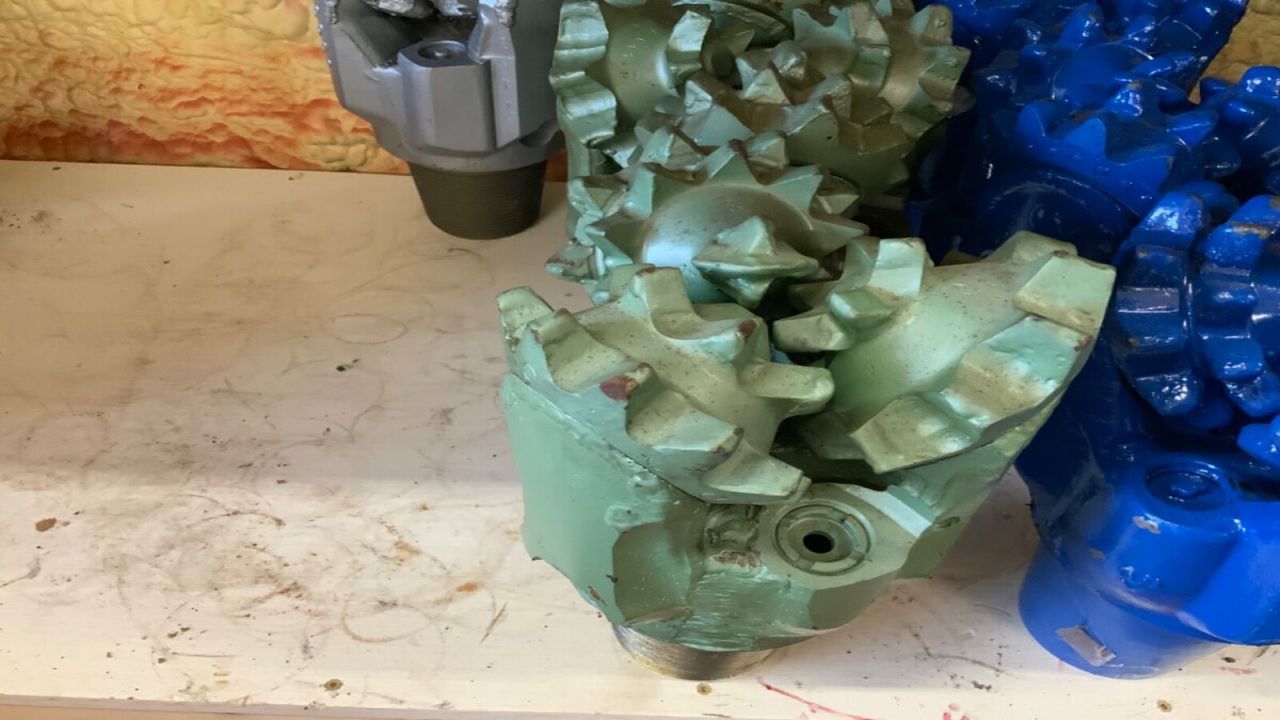In the realm of oil and gas drilling, a crucial element in the process of extracting hydrocarbons from the earth's subsurface is the drill bit. Among the various types of drill bits available, the milled tooth bit stands as a time-tested tool, valued for its versatility and effectiveness in various drilling applications. You can visit us and explore the different types of milled tooth bit that suit your project.
Milled tooth bits, also known as steel tooth bits, are a type of rotary rock bit primarily used in the oil and gas industry. They feature a unique design, where the bit's cutting structure consists of durable, protruding teeth made of hardened steel. These teeth are carefully milled into the bit's cone, and their configuration can vary depending on the specific drilling requirements.
Guide for Choosing Milled Tooth Bits
Choosing the right milled tooth bit is critical for optimizing drilling performance and achieving successful results. Several factors need to be considered when making this selection. Here are the key steps to guide you in choosing the most suitable milled tooth bit:
Formation Analysis
Understand the geological formations you will be drilling through. Identify the hardness, abrasiveness, and other properties of the rock formations. Different milled tooth bits are designed for specific formation types, ranging from soft to hard formations. Match the bit's cutting structure to the anticipated formations to maximize its efficiency and longevity.
Tooth Configuration
Ensure you select the appropriate tooth configuration based on the formation analysis. Milled tooth bits offer various tooth shapes and patterns, each designed to handle specific types of rock. For example, conical teeth are more effective in soft formations, while chisel-shaped teeth are better suited for harder formations. Gauge protection should also be considered for a better bit of life.
Bit Size
Choose the right bit size that matches the hole diameter required for your drilling operation. Larger bits are generally more durable and have a higher rate of penetration, but they may not be suitable for all wellbore sizes. Ensure the selected size aligns with the drilling specifications and equipment being used.
Bit Hydraulics
Consider the hydraulics of the milled tooth bit. Proper bit hydraulics improve cuttings evacuation, reducing the risk of balling and increasing drilling efficiency. Depending on the formation, selecting a bit with optimized hydraulic features can significantly impact drilling performance.
Operator Experience
Ensure you take into account the experience level of the drilling team. Milled tooth bits are versatile, but different tooth designs and configurations may require specific drilling techniques for optimal performance. Experienced drilling crews may have preferences or insights on which type of milled tooth bit works best in certain situations.
Cost and Budget
While milled tooth bits are generally more cost-effective compared to other types of drill bits, their prices can vary based on features, materials, and manufacturers. Set a budget and consider the overall cost-effectiveness, factoring in the bit's longevity, drilling speed, and potential for reduced downtime.
Conclusion
In summary, by carefully considering the elements mentioned above, it becomes easy to make an informed decision when making your selection. Therefore, by choosing this advanced tool, there are various benefits you will get.


